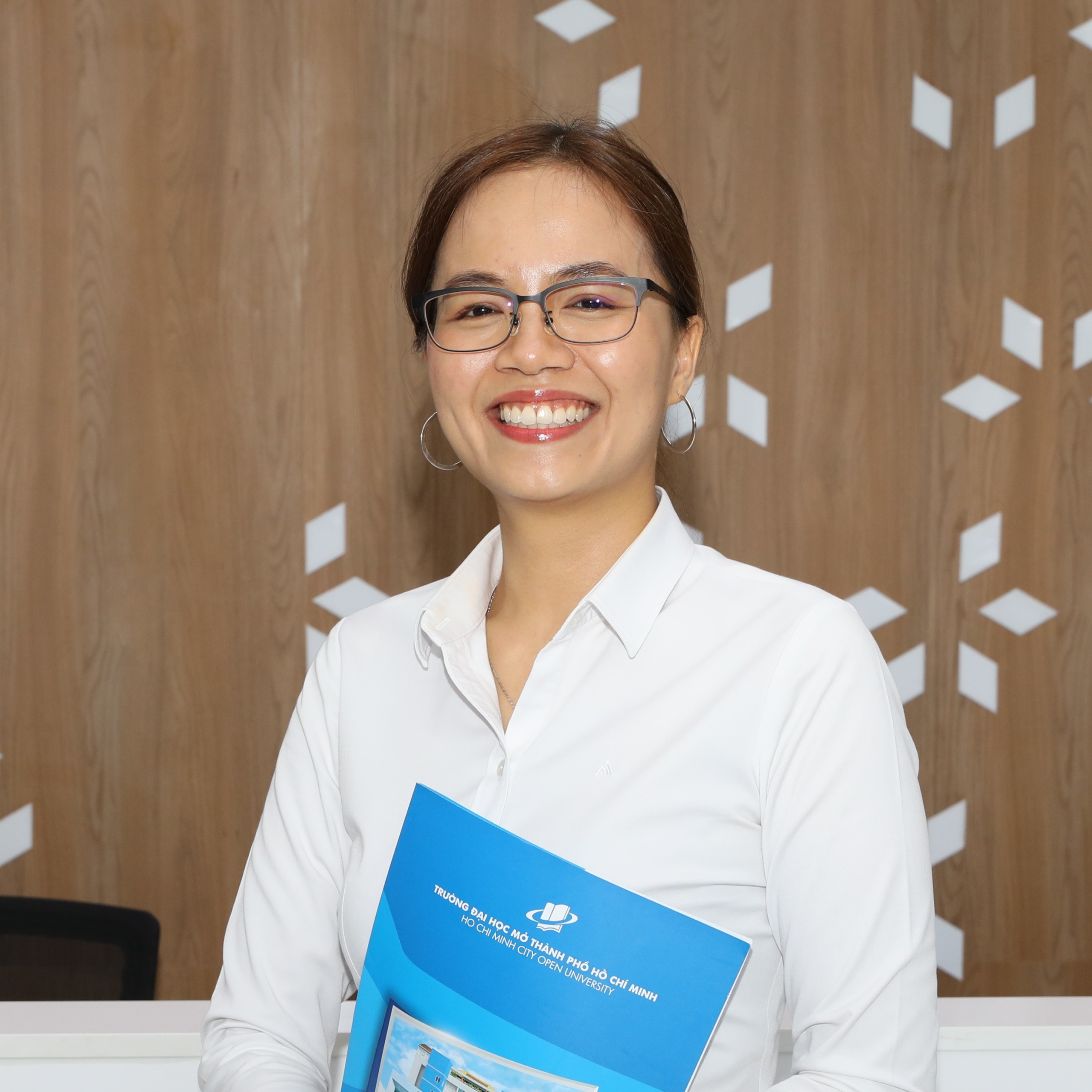






LÝ DO CHỌN E-LEARNING CỦA TRƯỜNG
LÝ DO CHỌN E-LEARNING CỦA TRƯỜNG
Kinh nghiệm giảng dạy
Đối tác chất lượng
Công nghệ hiện đại
Học liệu phong phú
Tiện ích dịch vụ
Bằng cấp uy tín
CẢM NHẬN

Cảm nhận
“
Tôi thích nhất ở chương trình này là không có giới hạn về mặt không gian và thời gian. Bạn có thể học bất kỳ lúc nào và bất kỳ nơi đâu. Mặc dù công việc khá bận rộn nhưng tôi vẫn có thể tranh thủ mọi khoảng thời gian rảnh rỗi của mình như trên tàu điện ngầm, trên máy bay, buổi tối hoặc cuối tuần để học và làm bài tập. Đó chính là nét đẹp tuyệt vời của chương trình này!


